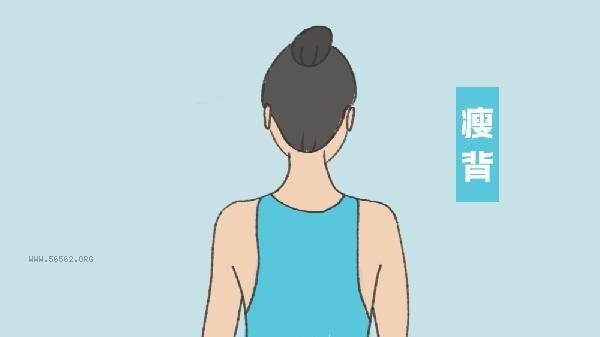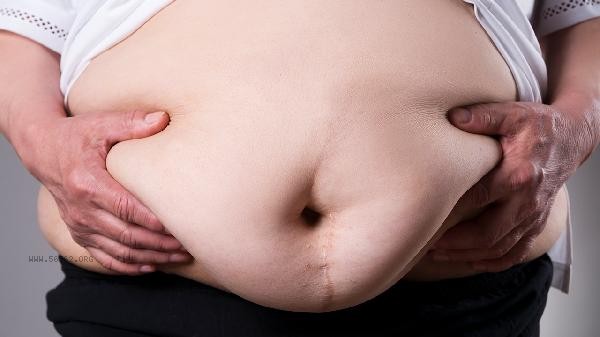During weight loss, if you feel hungry at night, you can alleviate it by adding moderate meals, adjusting your diet structure, distracting yourself, replenishing fluids, and adjusting your daily routine. Hunger may be related to factors such as insufficient daytime intake, imbalanced diet, and irregular sleep patterns, and scientific measures should be taken to avoid affecting the effectiveness of weight loss.

1. Moderate addition of meals
Choose low calorie and high satiety foods, such as sugar free yogurt, boiled eggs, or a small amount of nuts. This type of food has a high protein and dietary fiber content, which can slow down the gastric emptying rate. Pay attention to controlling the amount, yogurt should not exceed 100 grams, and nuts should be 10-15 grams. Avoid choosing high sugar and high-fat snacks such as cookies and cakes, as they can easily cause excessive calorie intake.
2. Adjust dietary structure
Dinner should include sufficient high-quality protein and vegetables, such as chicken breast paired with broccoli. Protein digestion is slower and can maintain a sense of fullness for a longer period of time. Low glycemic index foods such as brown rice and oats can be chosen as staple foods to avoid blood sugar fluctuations caused by refined carbohydrates. Drinking a bowl of light vegetable soup before a meal can also increase satiety.
3. Distraction
When feeling hungry, light activities such as walking, organizing household chores, or reading can be carried out. The brain's thirst for food usually weakens after 15-20 minutes. Avoid staying in the kitchen or food storage area to reduce visual stimulation. Listening to music, meditation, and other relaxing activities can also help alleviate psychological hunger.

4. Supplement Water
Drinking a cup of warm light tea or lemon water can temporarily fill the stomach space. The body sometimes misjudges thirst as a hunger signal. Choose caffeine free herbal tea to avoid affecting sleep quality. Maintain sufficient water intake throughout the day, with a recommended intake of 1500-2000 milliliters per day. Drinking water half an hour before meals is more effective.
5. Adjusting your schedule
Going to bed early can reduce the chances of eating at night. It is recommended to go to bed before 23:00. Lack of sleep can lead to increased secretion of ghrelin, resulting in a stronger appetite the next day. Establish a regular eating rhythm and avoid excessive dieting during the day. If you have to stay up late, prepare a small amount of low calorie foods such as cucumbers and tomatoes for emergency use. Nighttime hunger during weight loss is a normal physiological phenomenon, and it is recommended to prevent it by adjusting the nutritional ratio of three meals. The protein content of dinner can be increased to 30% -40%. Long term excessive hunger may lead to a decrease in basal metabolism, which in turn affects the efficiency of weight loss. If there is frequent strong hunger accompanied by dizziness and hand tremors, it is necessary to check for the presence of hypoglycemia or eating disorders. Maintaining moderate exercise helps balance appetite regulating hormones, but vigorous exercise should be avoided two hours before bedtime. Keeping a diet diary can help identify dietary patterns and, if necessary, consult a nutritionist to develop personalized plans.










Comments (0)
Leave a Comment
No comments yet
Be the first to share your thoughts!